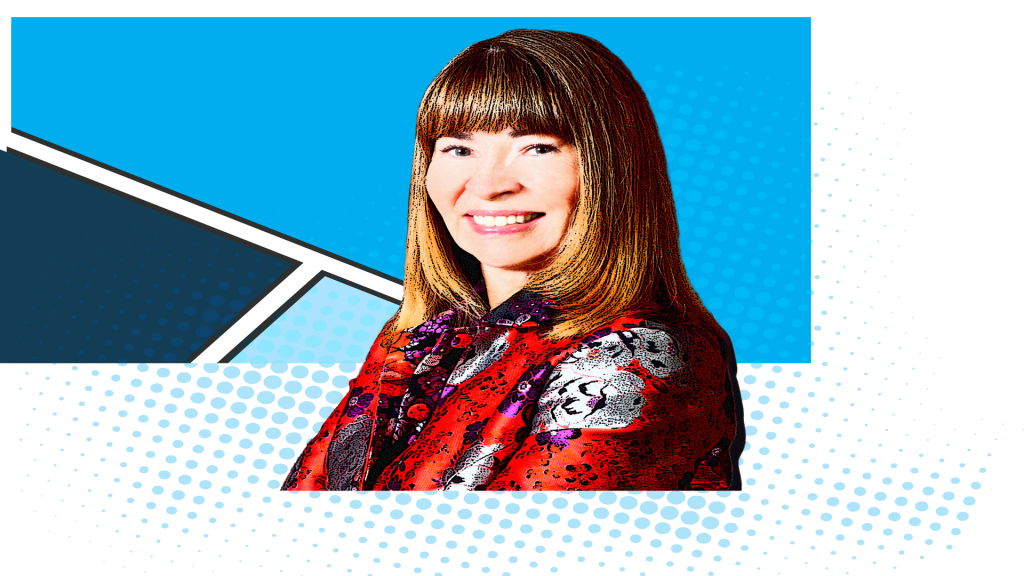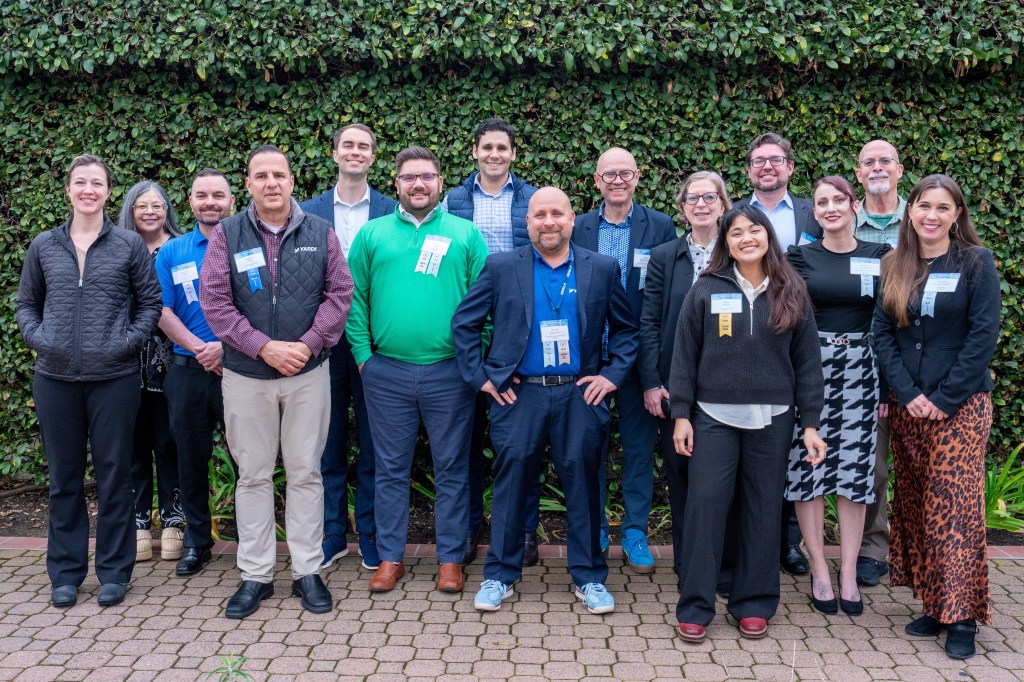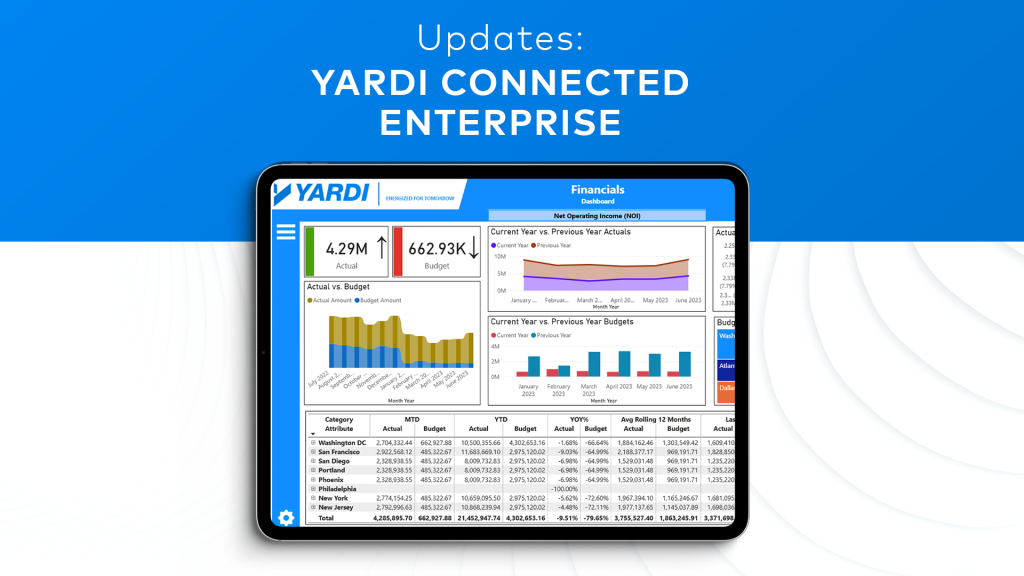By Nik Edlinger on June 30, 2020 in People

The current rate of change in senior living is unprecedented. Even before the coronavirus outbreak spurred extra safety measures, providers were quickly adopting novel models and methods as the boomer generation has grown closer to becoming the core market.
Mary Leary, president and CEO of Mather, has driven many such changes herself. A leader with decades of experience on both the for-profit and not-for-profit sides of senior living, Leary is unafraid to forgo tradition in pursuit of something better and bigger. It’s a core reason why Mather, under Leary’s stewardship, has grown from serving 5,400 older adults to nearly 60,000 in the 18 years she’s been at the helm. And it’s also why Leary has earned the title of Changemaker from Senior Housing News.
The Changemakers is a Yardi-sponsored series that profiles senior living leaders who’ve helped redefine their industry. Leary’s interview with SHN goes into depth on how Mather has successfully transformed its operations during the coronavirus and what senior living might look like after things return to “normal.”
Check out this excerpt from the interview:
Obviously, this is something that’s shaping the industry. Is it changing how you are currently thinking about senior living in general?
I think COVID-19 will absolutely lead to changes in senior living, and I think that it will speed up the pace of change in a way that is unprecedented. Everything that I do and think about right now is colored by the dramatic changes in our country and communities. I think part of innovating is forgetting, unlearning, dismantling and undoing what one does currently, and that is exactly what is occurring in senior living and our country right now.
With virtually everything, the increased velocity and adoption of technology is already impacting everything we’re doing. It’s even more the case with COVID-19 from selling our communities virtually to providing virtual resident enrichment programs, to having virtual corporate offices. I think that COVID-19 will likely impact services that are provided.
Right now our residents are enjoying prepared meals delivered to their apartments, and we’ve received some feedback from residents that they’re actually enjoying this because they can eat at their own pace while enjoying watching a show. It’s possible, and I think this is definitely the case with boomers, that we may not need as much square footage devoted to our restaurants in the future.
Residents right now are connecting virtually for programs. In fact, Novare is setting up a virtual in-house channel so that we can share programs across the country. I think that that will become more of the norm where people will have a choice to participate in their own homes or in spaces within the community. Wellness is being delivered through telehealth, so some communities may see a reduced need per square footage devoted to wellness clinics.
I also think that we’ll see even more consolidation and a larger Novare as standalone communities or small systems realize that it doesn’t make sense to do it alone. It’s possible that some providers might utilize more third-party service providers as well.
One thing I have been a bit concerned about are people’s perceptions of senior living communities as the result of the crippling situation and other significant outbreaks that have been in the news. I do think that we’ll be able to turn this into a positive because we’re hearing so many stories of residents coming together to support each other and support their community, finding an increased sense of purpose, feeling a part of something feeling protected.
I know the steps that we’ve taken at our communities to help prevent COVID-19, that adult children have been so appreciative of the infection control procedures that we’ve put in place, and I think it gives people a lot of peace of mind that we know what to do, whereas people who may be living out in the community might be struggling with exactly what they should be implementing.
In what ways do you think that dining venues might change? It sounds like we might move toward a more scaled-down version of at least the physical plant side of dining in the future.
I think that will definitely be the case as providers begin to serve the boomers, and that is the market we’re serving in Tysons. We’re seeing that boomers want choice. At Mather, we really like the concept of urban life plan communities and so in those settings, residents have very easy access to many more choices, whether it’s walking up the street to go to a restaurant or having meals delivered or picking up carry out or having meals delivered to their apartment home from the community. For the Mather Tysons, we’ve already looked to scale down the square footage in our restaurants.
Read the full interview with Mary Leary on SHN.


